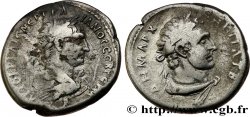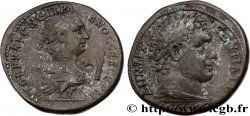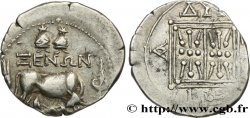bpv_622522 - TRAJANUS Drachme
80.00 €(Approx. 93.60$ | 69.60£)
Quantity
Add to your cart

Type : Drachme
Date: an 17
Mint name / Town : Tyr, Phénicie
Metal : silver
Millesimal fineness : 700 ‰
Diameter : 19,50 mm
Orientation dies : 7 h.
Weight : 3,33 g.
Rarity : R1
Coments on the condition:
Monnaie centrée, tachée. Usure importante mais exemplaire bien identifiable. Patine grise
Obverse
Obverse description : Buste lauré de Trajan à droite, drapé sur l'épaule gauche (O*2).
Obverse legend : AUTOKR KAIS NER TRAIANOS SEB GERM DAK, (Autokrator Kaisaros Neruas Traionos Sebastos Germanikos Dakikos)
Obverse translation : (L’empereur césar Nerva Trajan auguste germanique dacique).
Reverse
Reverse description : L'Arabie debout à gauche, drapée, tenant de la main droite, une branche de laurier et un objet longiforme ; derrière elle à gauche, un dromadaire.
Reverse legend : DHMARC EC IZ [UPAT s] (Dhmarcikhs Exousias Upatos E)
Reverse translation : (Revêtu de la puissance tribunitienne consul pour la cinquième fois).
Commentary
Pour W. E. Metcalf, ce type a été frappé entre 106 et 114 dans l’atelier de Bostra, capitale de la nouvelle province d’Arabie.
For WE Metcalf, this type was struck between 106 and 114 in the workshop of Bostra, capital of the new province of Arabia
For WE Metcalf, this type was struck between 106 and 114 in the workshop of Bostra, capital of the new province of Arabia







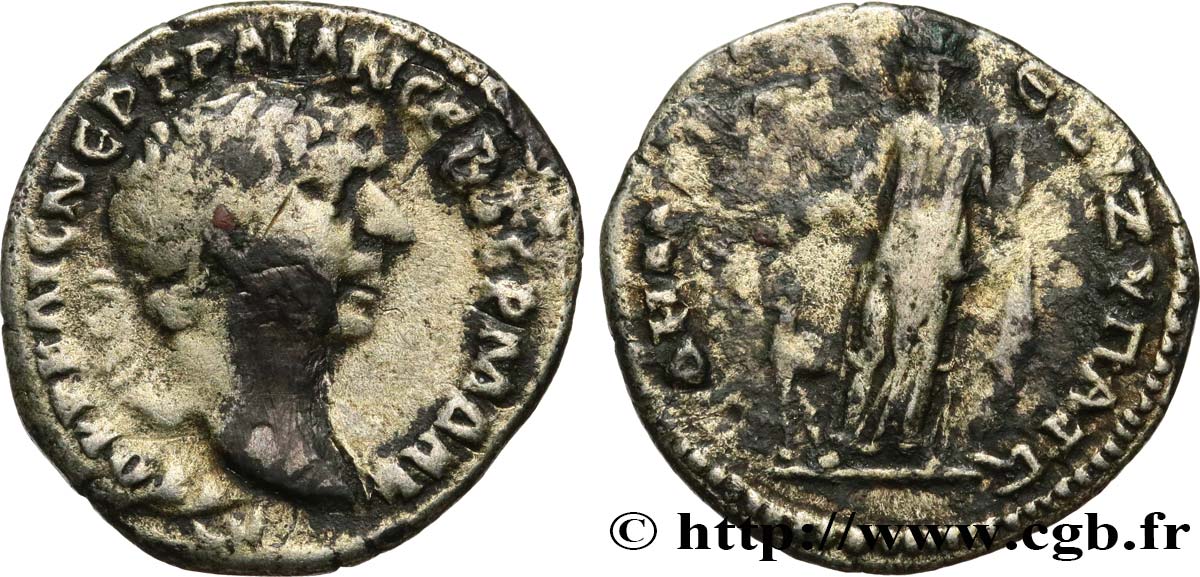
 Report a mistake
Report a mistake Print the page
Print the page Share my selection
Share my selection Ask a question
Ask a question Consign / sell
Consign / sell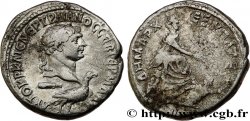
 Full data
Full data